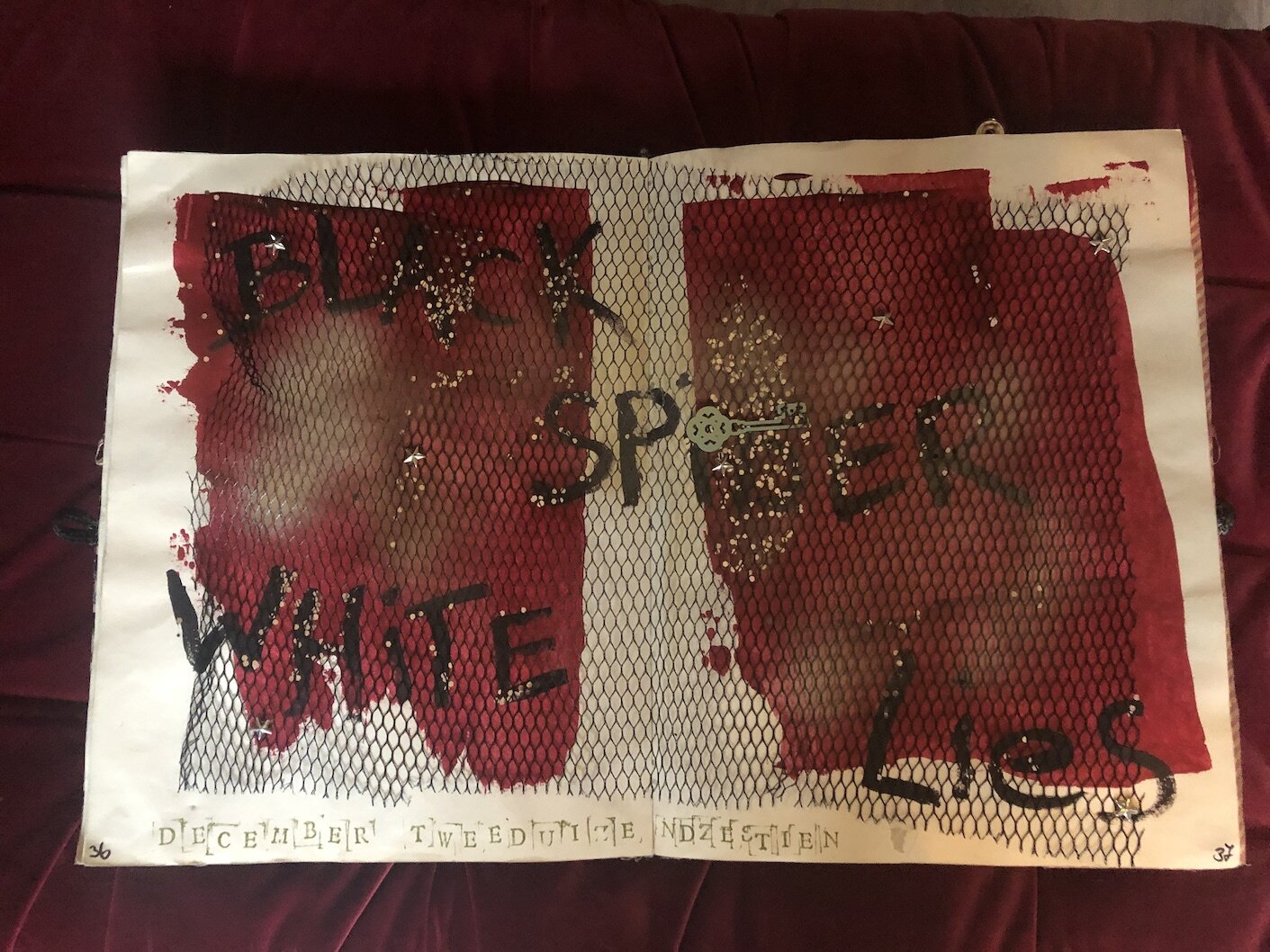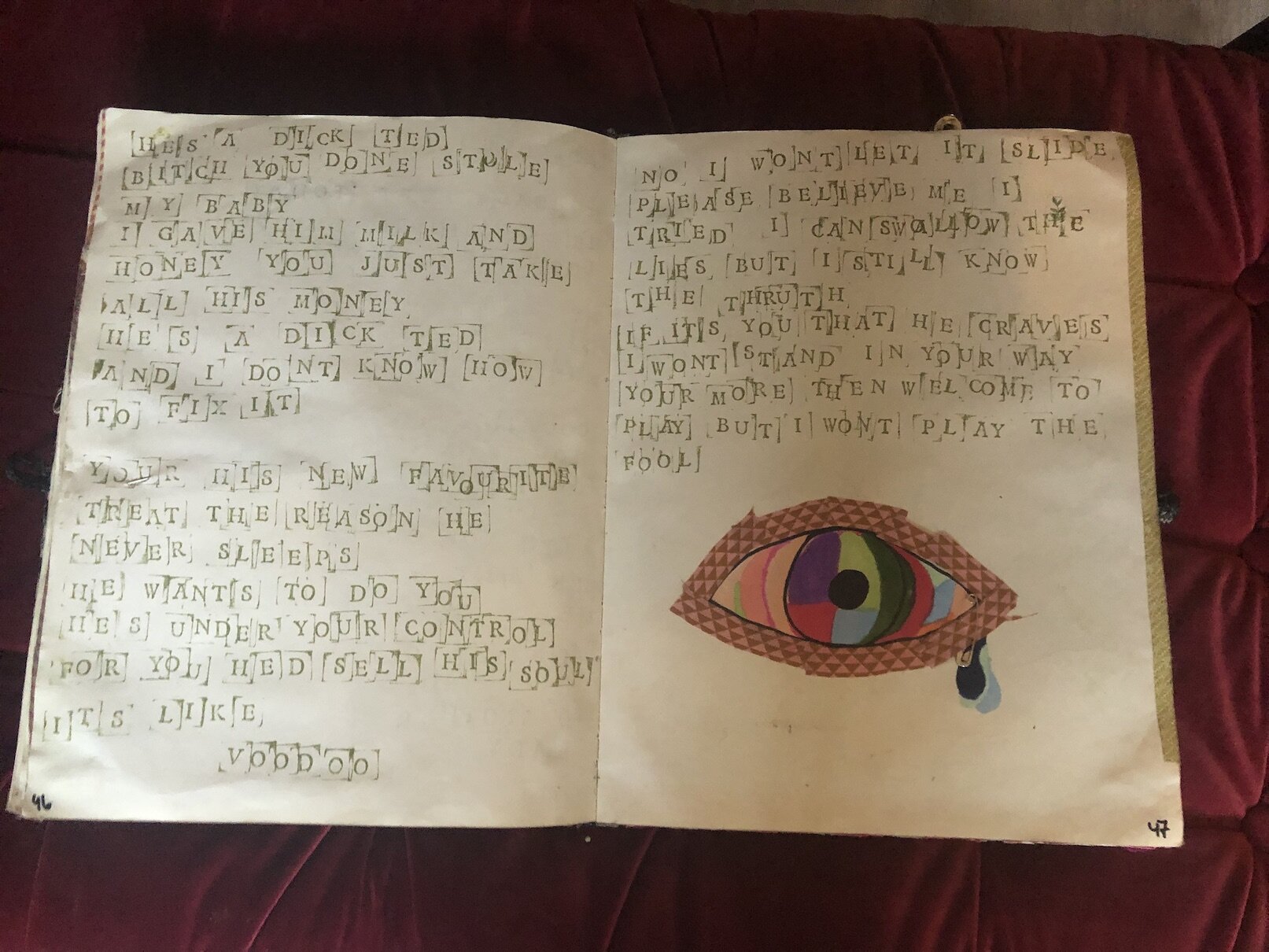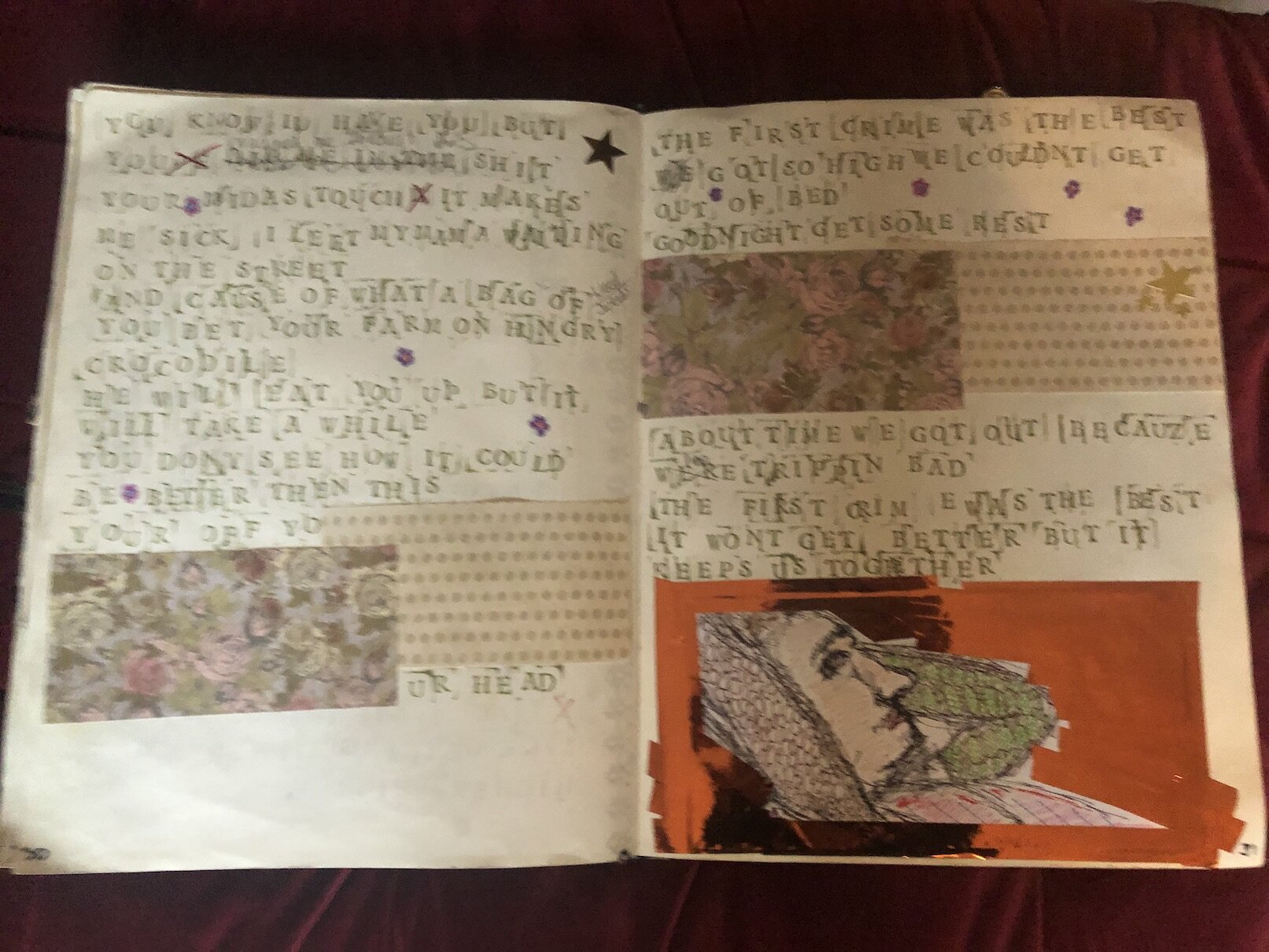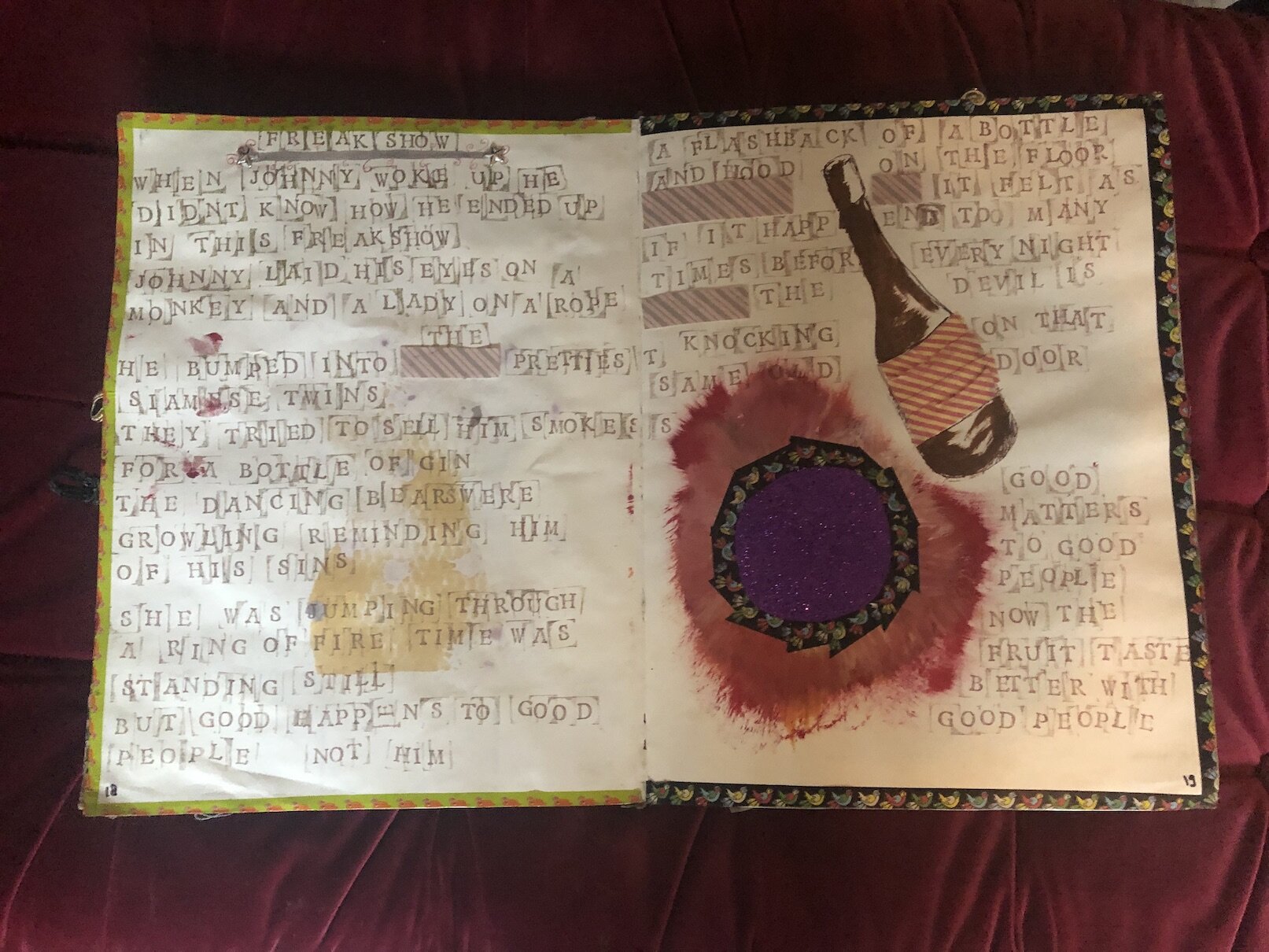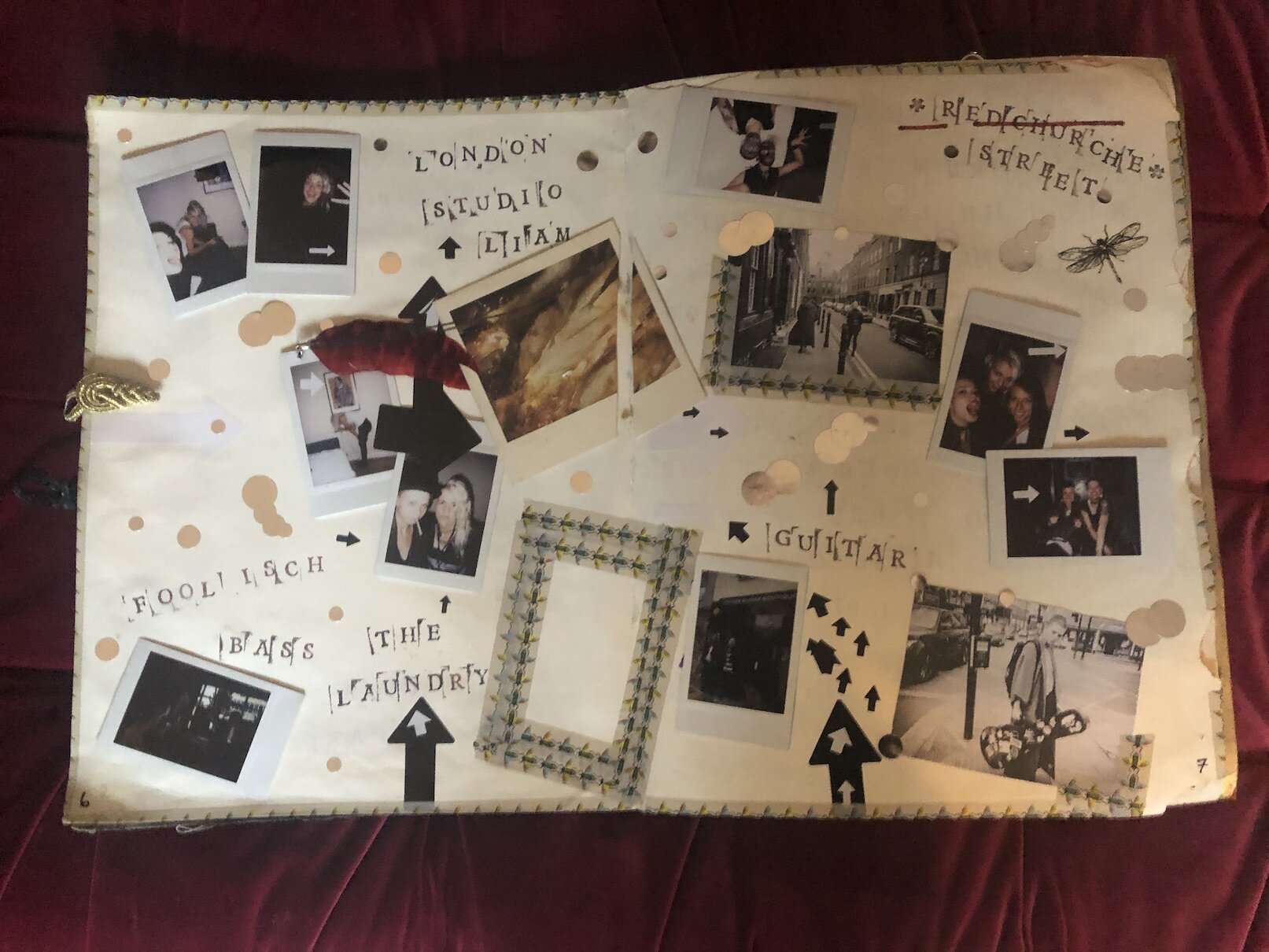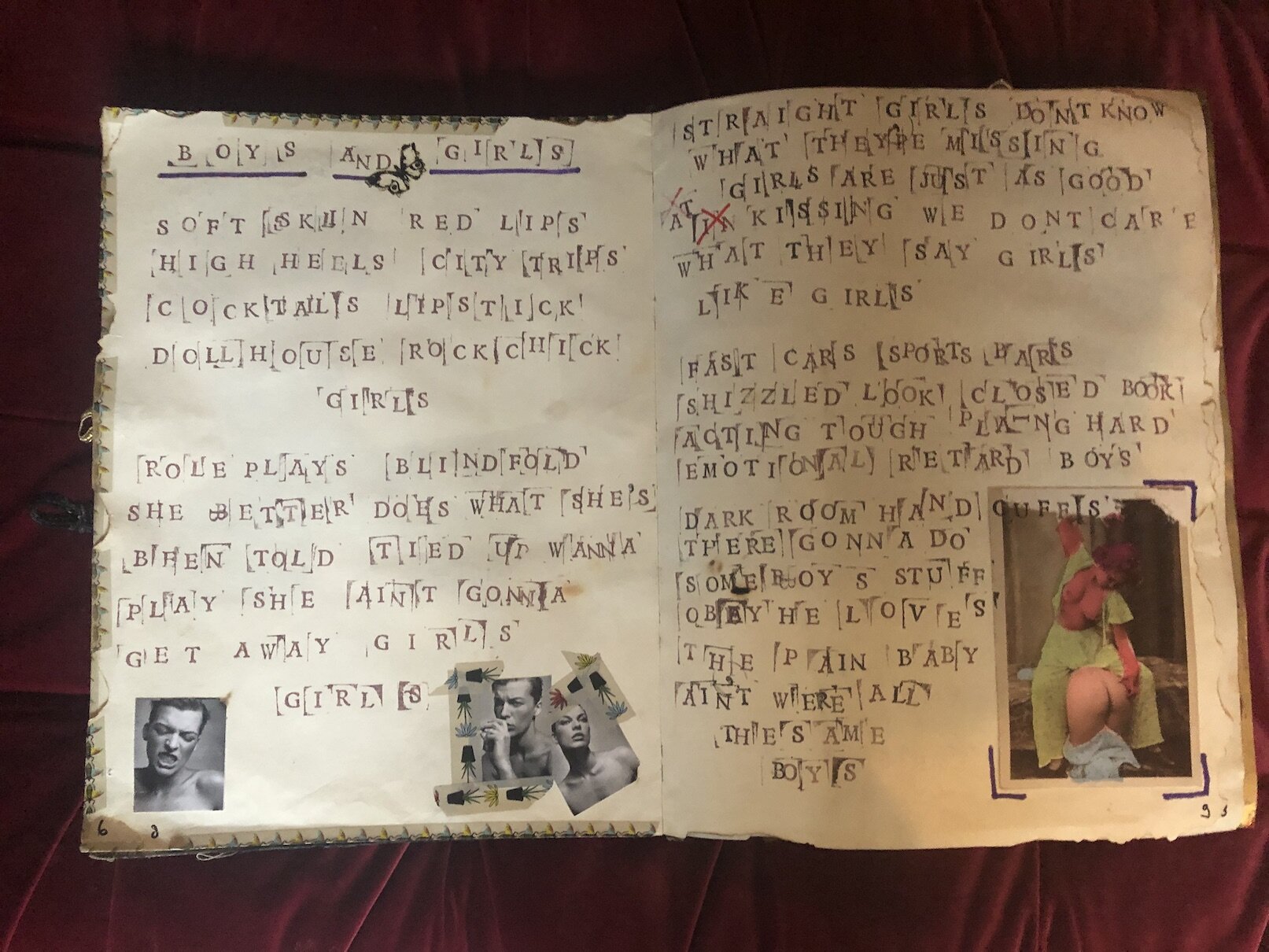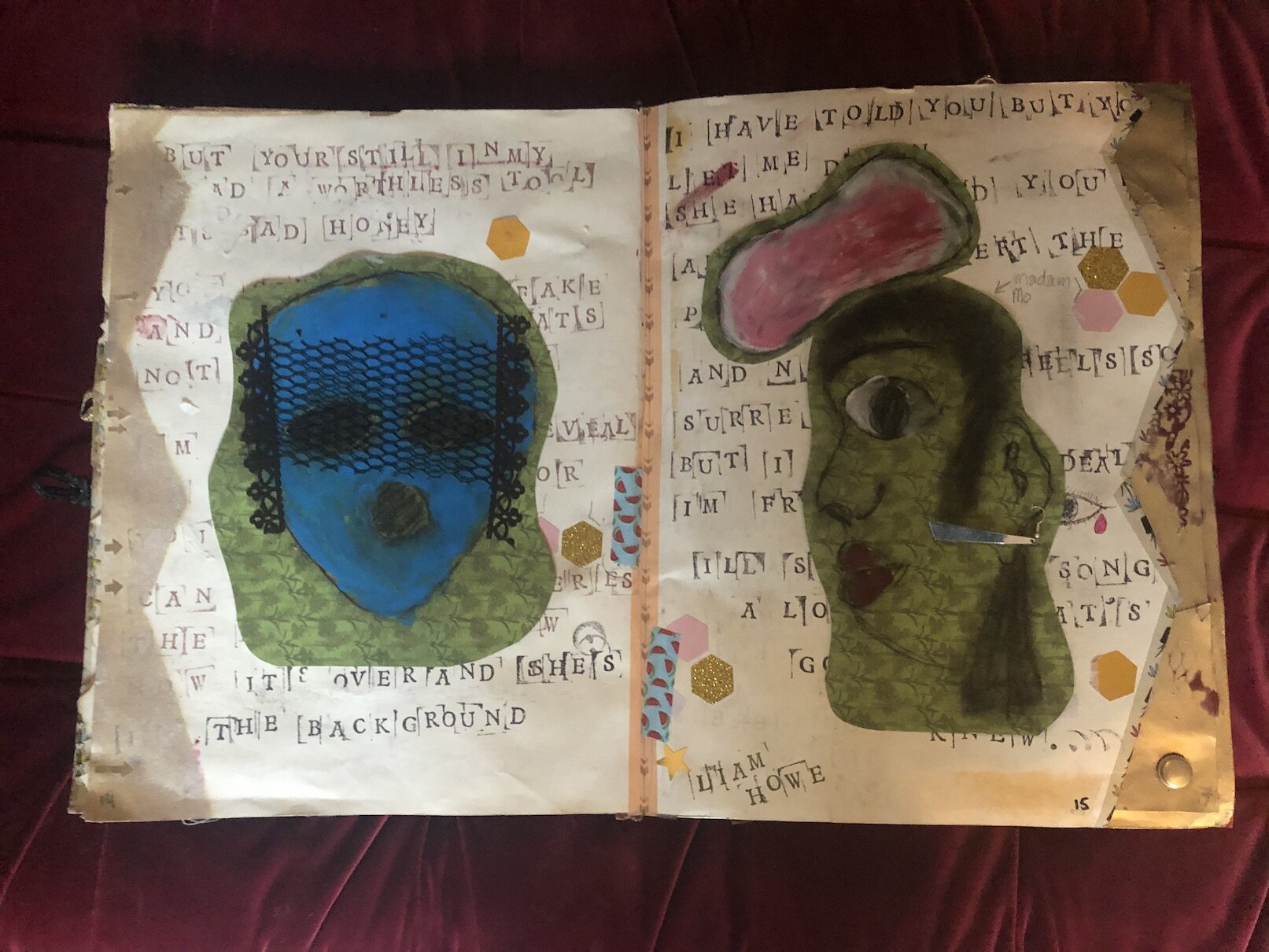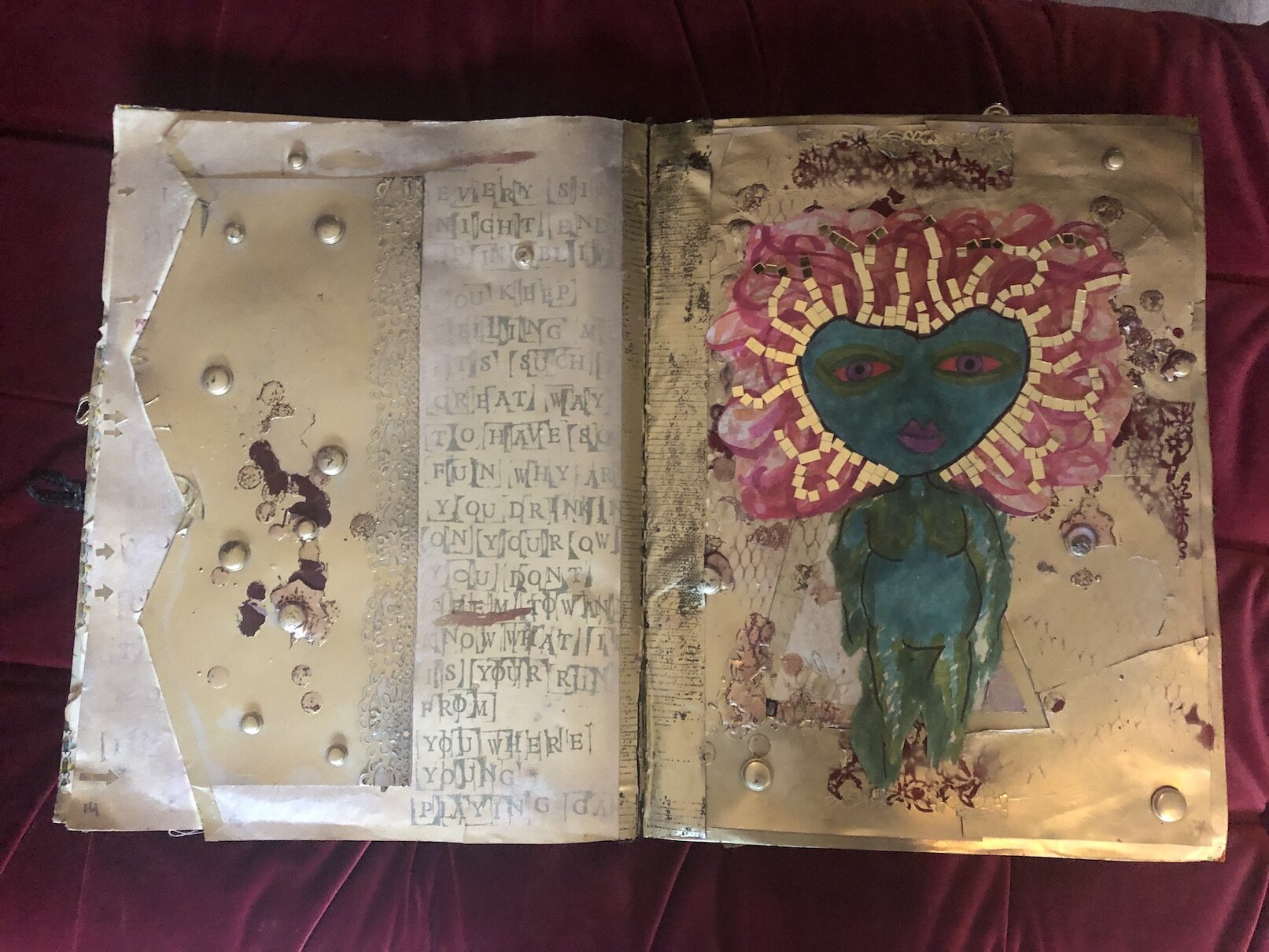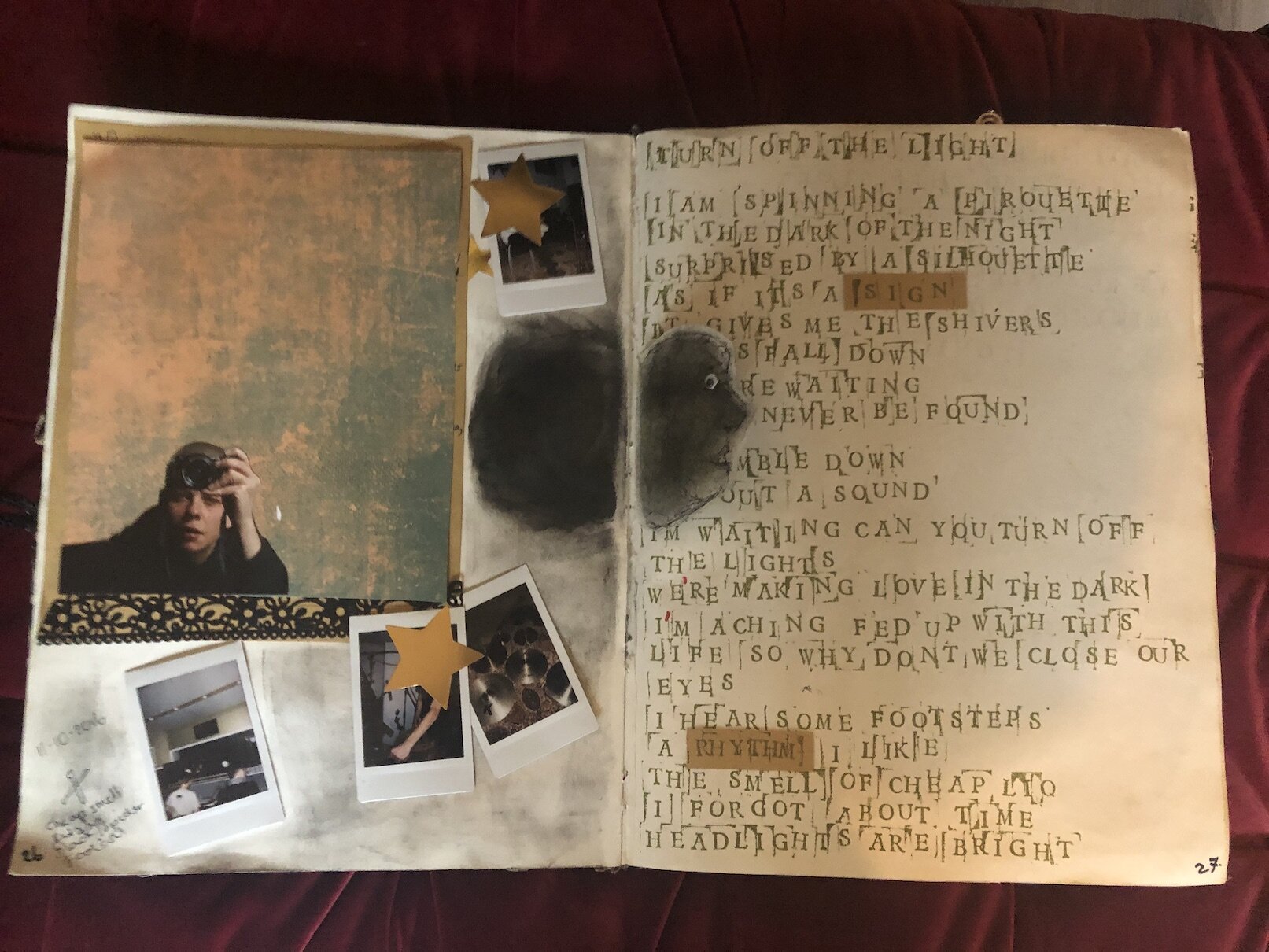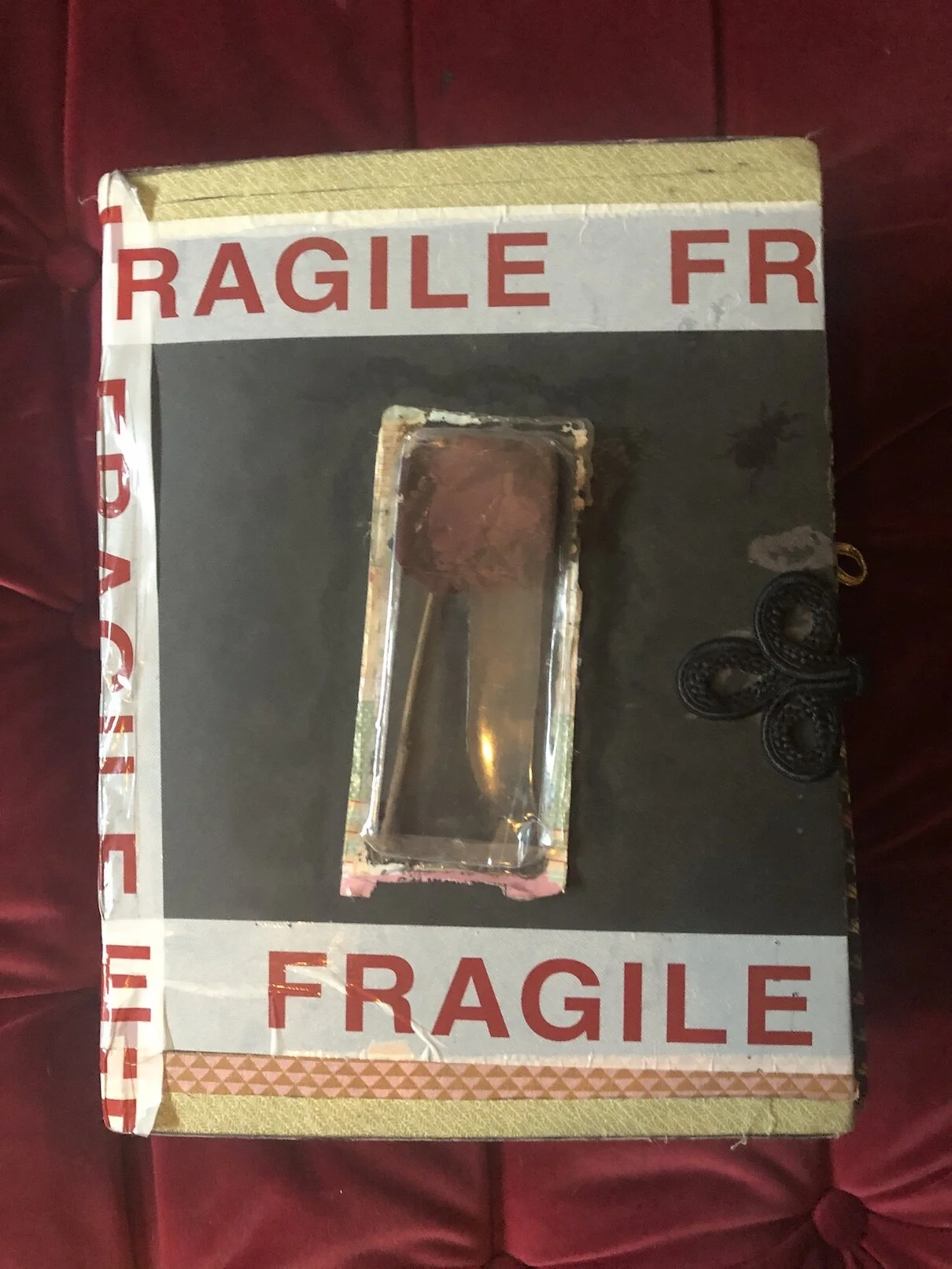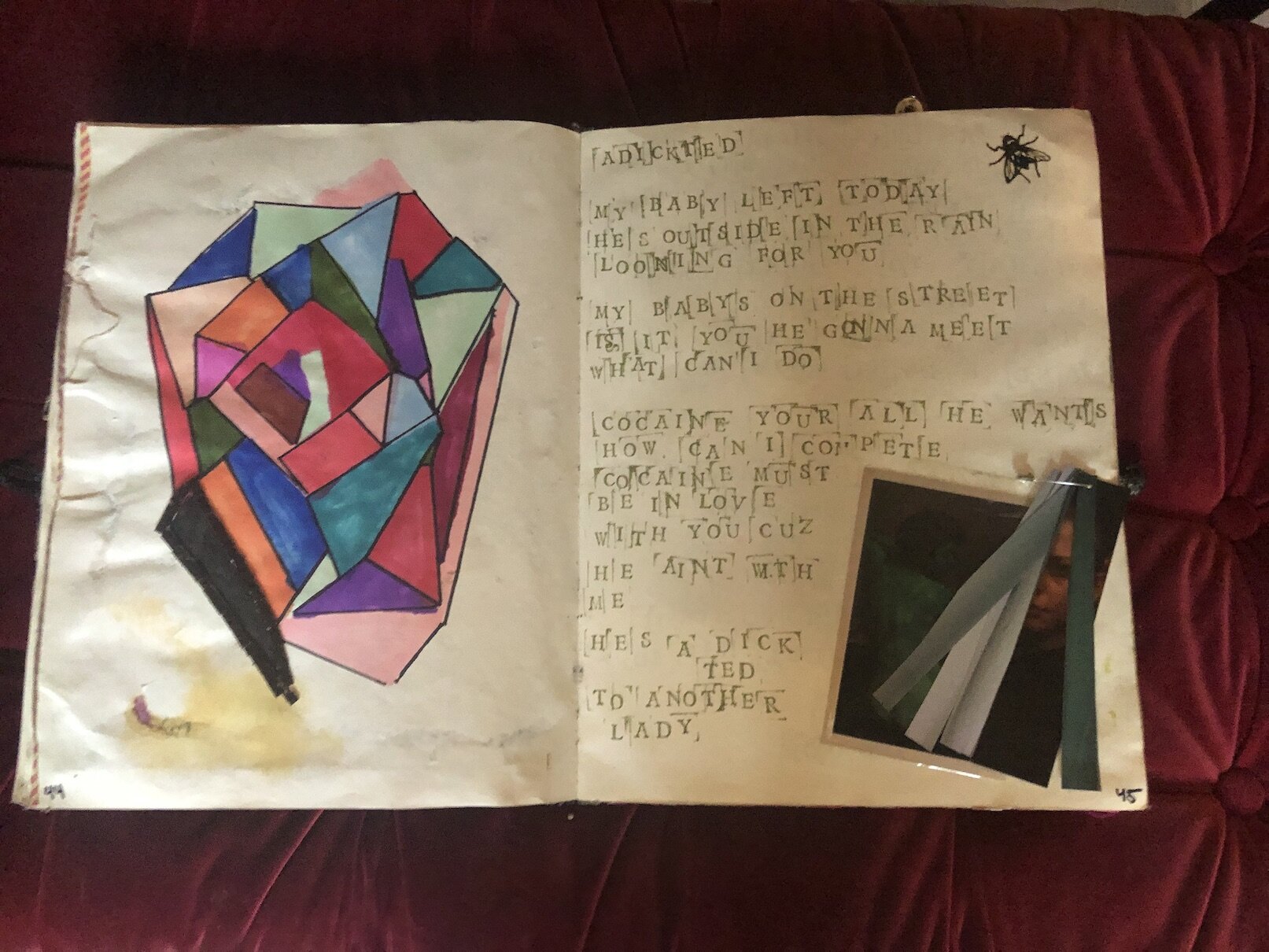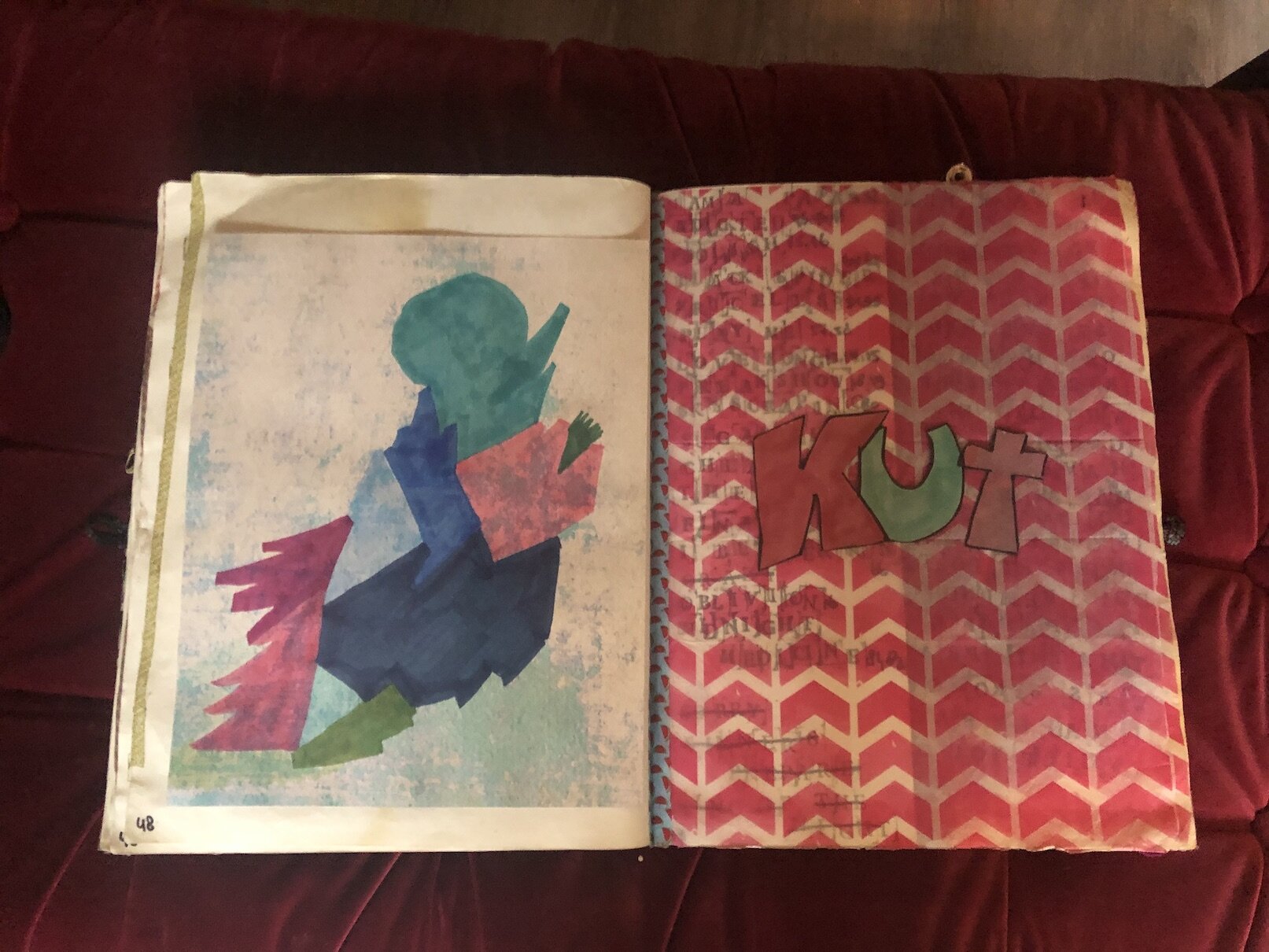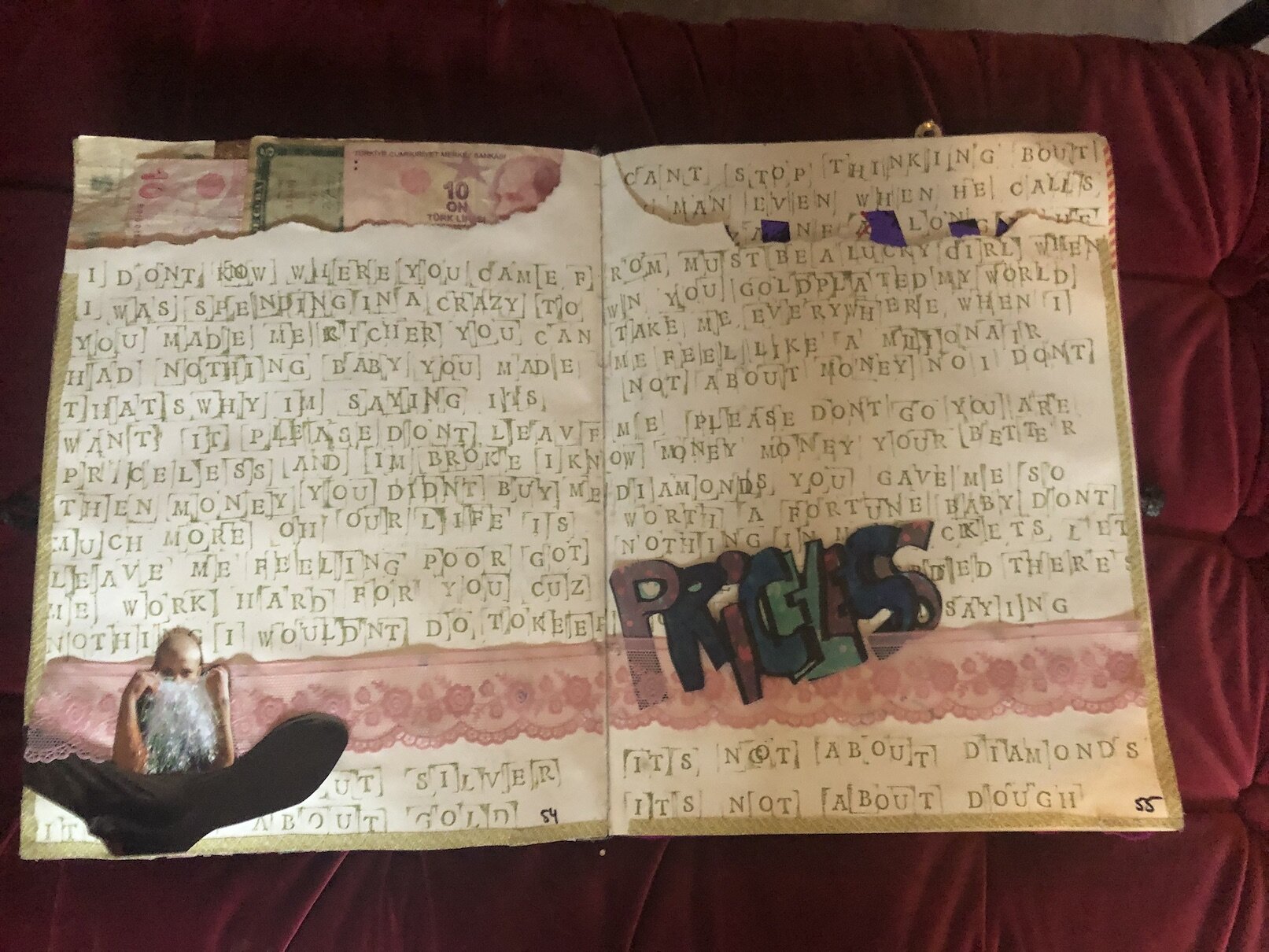KOVACS - Award-Winning Singer-Songwriter on Life, Love & Turning Personal Struggles into Music - Highlights
/Sharon Kovacs is a soul-inspired singer from Eindhoven, Netherlands. Her unique passion for musical poetry and unorthodox vocal style made her stand out while attending Eindhoven’s Rock City Institute. After graduating in 2013, she found international success when her debut single, “My Love” became a number one hit in Europe. Kovacs is very honest about the struggles and inner-demons that she continues to face and how they inspire her art. Such is apparent in her song “Shades of Black” which reached the top of the charts in the Netherlands and garnered over 60 million views on YouTube. Kovacs has a clutch of awards to her name and has performed high-profile sets at major festivals such as Glastonbury, Sziget, Pinkpop, and Rock Werchter.
Songwriting Journal Courtesy of Kovacs
This interview was conducted by Mia Funk with the participation of collaborating universities and students. Associate Interviews Producer on this podcast was Konner Kienzle. Digital Media Coordinator is Hannah Story Brown.
Mia Funk is an artist, interviewer and founder of The Creative Process.

